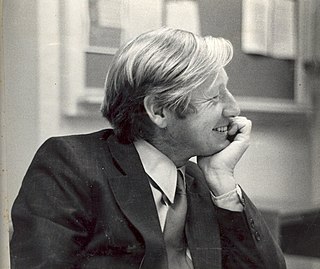Top 31 Quotes & Sayings by Brian Sutton-Smith
Explore popular quotes and sayings by an American psychologist Brian Sutton-Smith.
Last updated on December 21, 2024.
Play is a subset of voluntary behaviour involving a selective mechanism which reverses the usual contingencies of power so as to permit the subject a controllable and dialectical simulation of the moderately unmastered arousals and regulations of everyday life, in a way that is alternatively vivifying and euphoric.






















